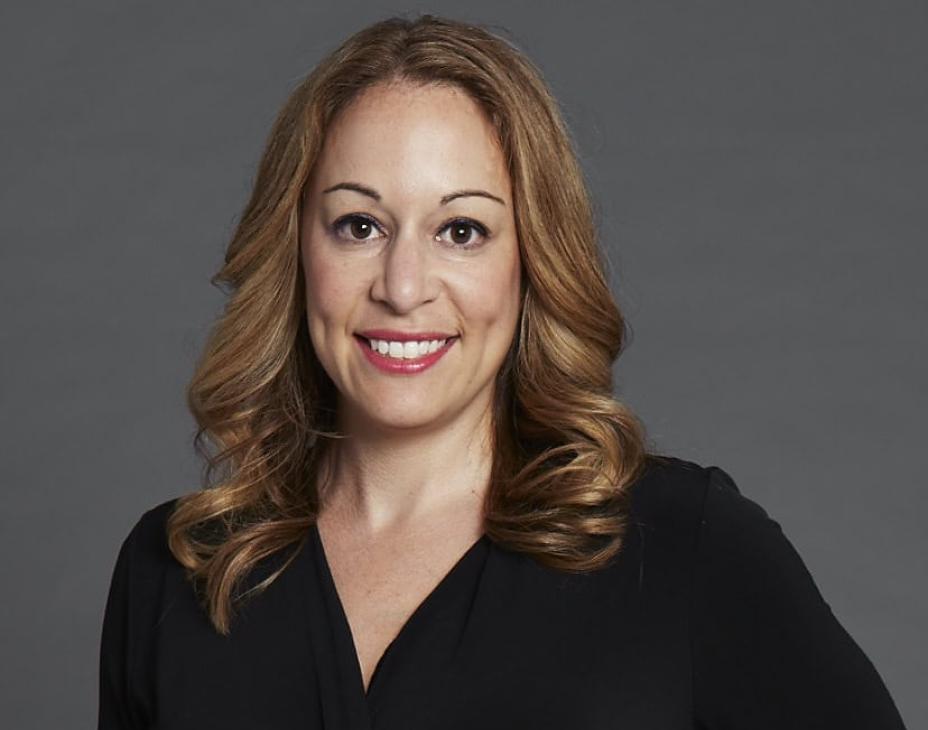Hear candid conversations between people conquering cancer — patients, their family and friends, and doctors and researchers working to help us all.
Health-related misinformation isn’t a new problem. It is, however, a proliferating one, its growth fueled by a broad range of factors, from political distrust, an increasingly online society, and, at times, a failure to explain vital healthcare information in terms that non-scientists—including patients with cancer—can understand.
"It can be very challenging in a clinical encounter when you’re speaking to a patient who's been exposed to misinformation, because it can be very compelling,” Dr. Loeb says. “And so, it’s very important to validate the patient and their concerns and the unmet needs that may be driving them toward this.”
A former Conquer Cancer award recipient and urological oncologist, Dr. Stacy Loeb has spent years studying the spread of cancer-related misinformation on social media—including the consequences and how to mitigate it. “It's a growing problem,” she says. “We need more researchers from all different disciplines to try to figure out how to really address this.”
In this episode of Your Stories, Dr. Loeb joins ASCO's Sybil Green to discuss the rise of misinformation online, its impact on the cancer landscape, and how people across the cancer community can help to turn the tide.

These are just a few examples of purported cancer facts you might encounter online—and none of them are true.
From misinterpreted oncology research to race-related stigmas and myths, the spread of cancer-related misinformation runs rampant, taking an increasing toll on global health and often hampering our efforts at early detection and prevention. In one 2022 study published in the Journal of the National Cancer Institute, researchers found harmful misinformation in approximately 32.5 percent of the cancer-related English-language publications they analyzed.
“Unfortunately, what we're frequently seeing in online networks is that the worst-quality information actually receives more engagement than the high-quality information,” says one of the study’s lead authors, Dr. Stacy Loeb of NYU Langone Health. “The structure of online networks can lead to much more rapid and widespread misinformation than we ever would have seen in the past.”
Whether because of location, financial, health literacy, or distrust, people with limited access to healthcare are more likely to seek alternative sources of information outside of the traditional healthcare system. In the process, they find themselves exposed to inaccurate and potentially harmful (but still compelling) information—such as conspiracy theories that a cure for cancer is being withheld.
“There's no cure that doctors are hiding from people that we don't want you to know about,” Loeb says. “We would all want this cure. That's why we're here. We want to conquer cancer. I want someone to put me out of business.”
